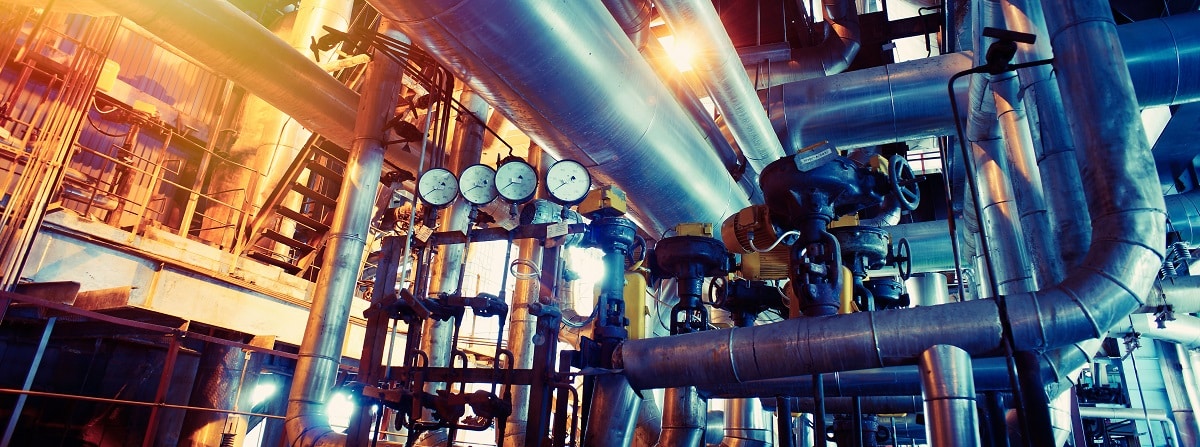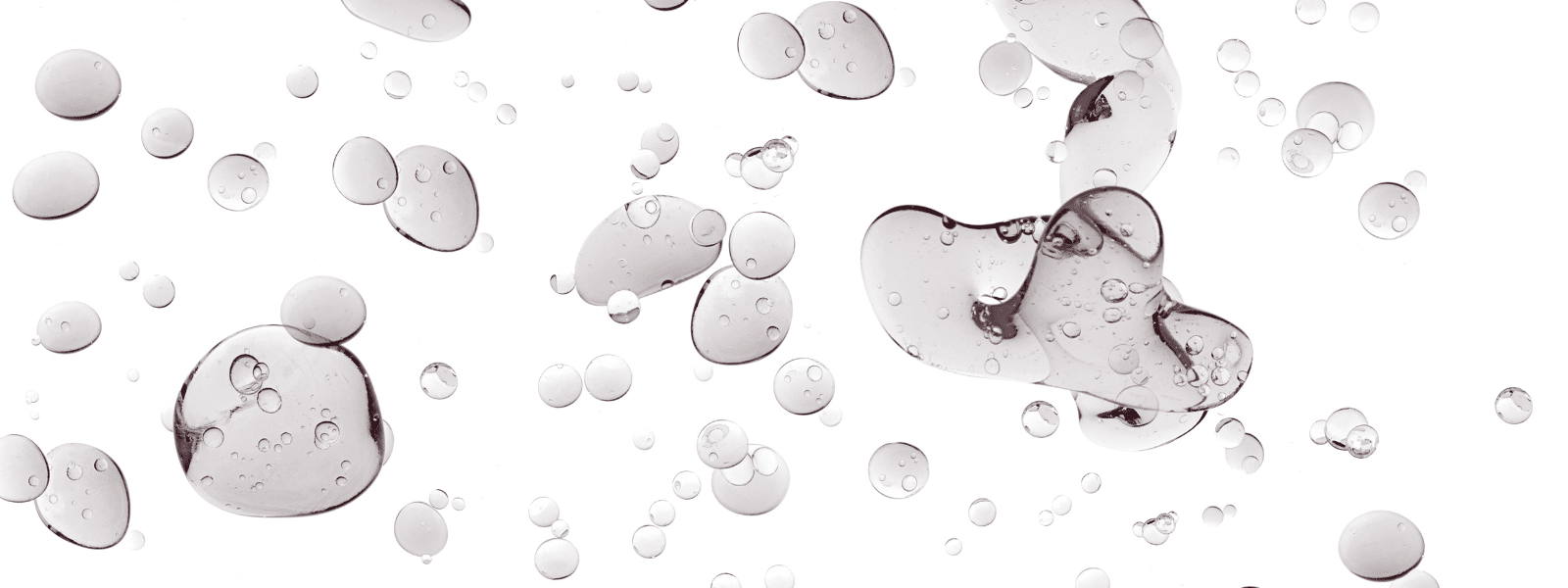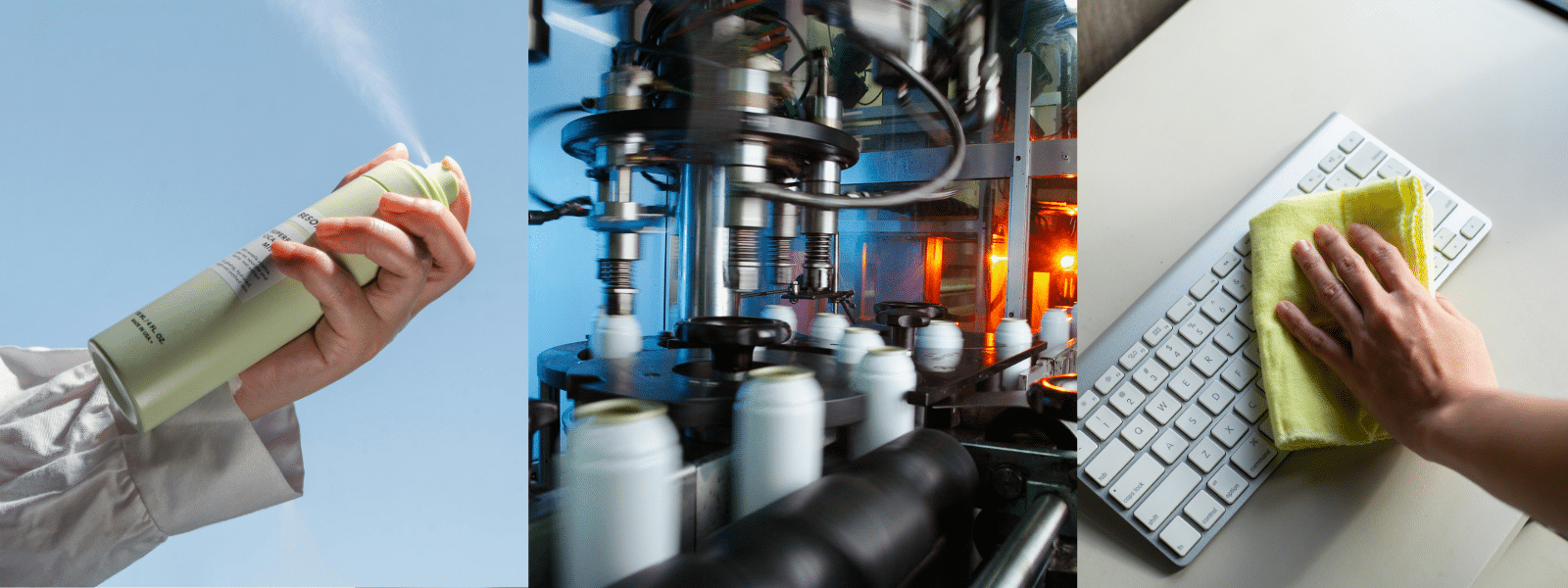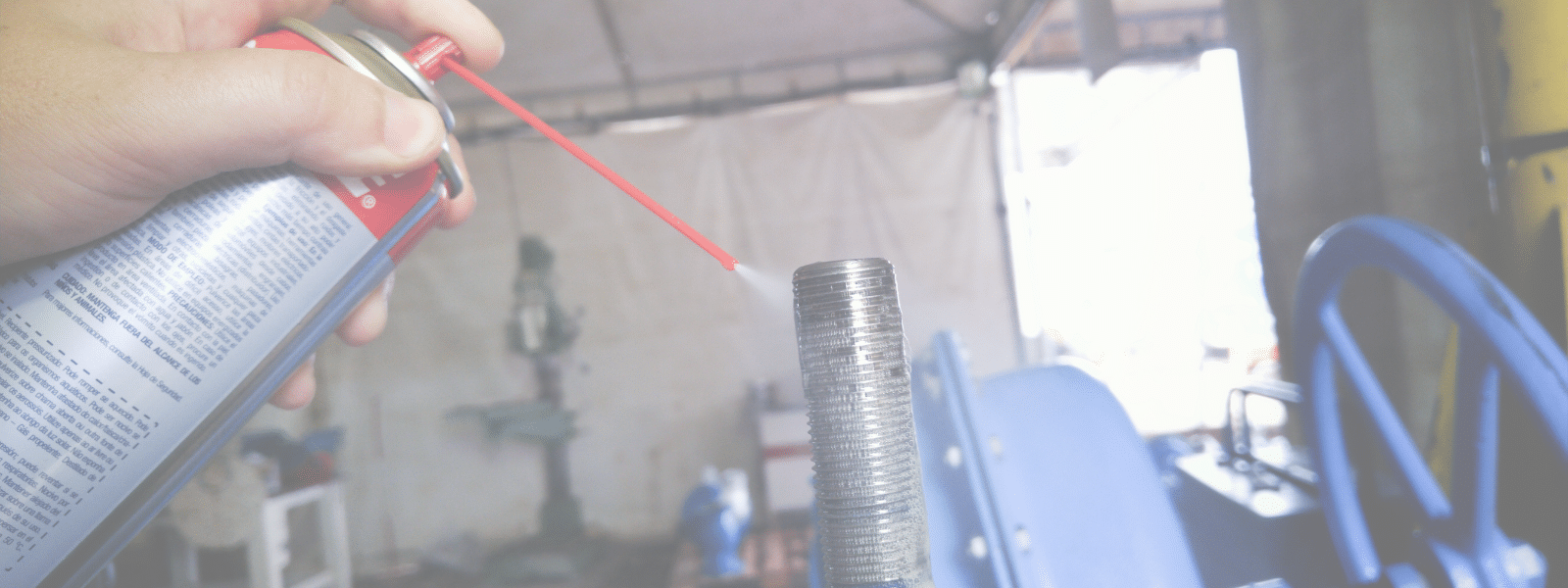If you are researching various chemicals and chemical grades, the different purity and grade names may seem overwhelming, and you may be wondering what are the different grades of chemicals and what do they mean? Simply put, the grade name assigned to each chemical is based on the level of purity of the chemical. The more impurities that are present in the chemical makeup, will result in a lower chemical-grade class. All chemicals are given a grade class to let the user know how pure or impure the chemical is and what the chemical can be used for. Only chemicals of very high purity grades can be used for food or medical purposes, where lower grade chemicals are typically used for cleaning, industrial solvents, or solvents in non-food production.
Lowest to Highest – What are the different grades of chemicals and what do they mean?
- Technical – Technical grade chemicals do contain some measurable level of impurities, which make these chemicals not suitable for food or pharmaceutical use, but are perfectly fine for most industrial cleaning and degreasing purposes, and some solvent uses.
- Laboratory – Laboratory grade chemicals have a very high purity level, but do contain a small number of impurities, which also makes this grade unsuitable for food use. However, this grade of chemical is most commonly used for educational or school experiments and science projects.
- Reagent – This grade is the highest purity level given to chemicals and can be used for all scientific, industrial, and manufacturing needs in addition to most commonly being required for any experimentation involving living biological matter.
- Food Grade – Food grade chemicals are much like reagent grade chemicals as they are extremely pure, however, “food grade” implies that the chemical is safe for consumption and will not cause harm or illness. Not all reagent grade chemicals are food safe, only chemicals that are specifically “food grade” may be used for the production of food or on food surfaces.
Need more information on the different grades of chemicals and what they mean?
Ecolink is a reliable and knowledgeable chemical supplier who strives to arm their clients with knowledge while providing high-quality chemicals for an affordable price. If you are looking for more information about chemical grades or if you need a specific chemical with a certain grade contact Ecolink today!















